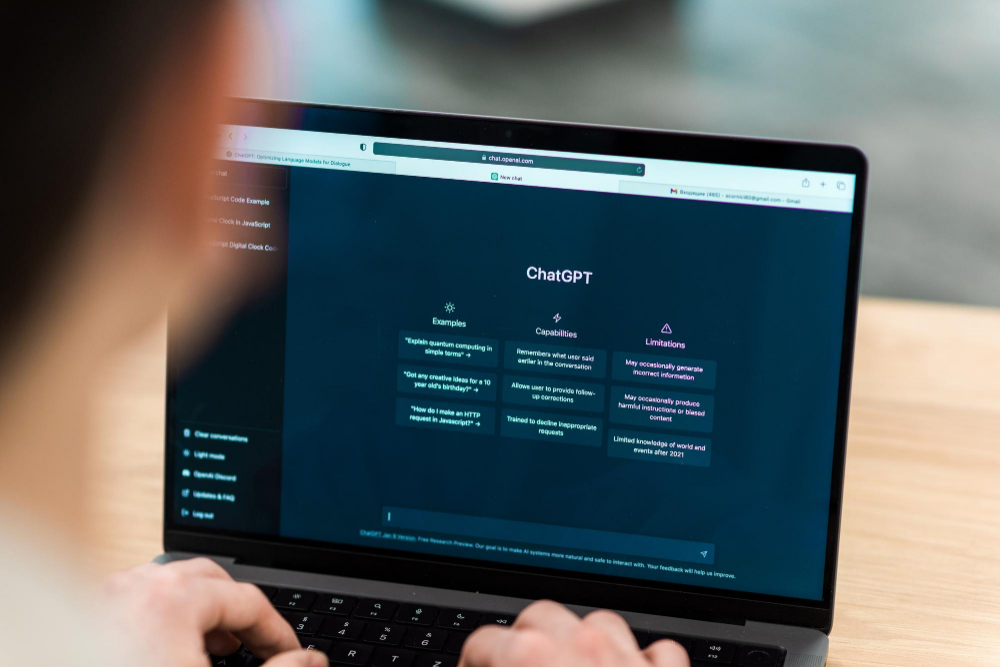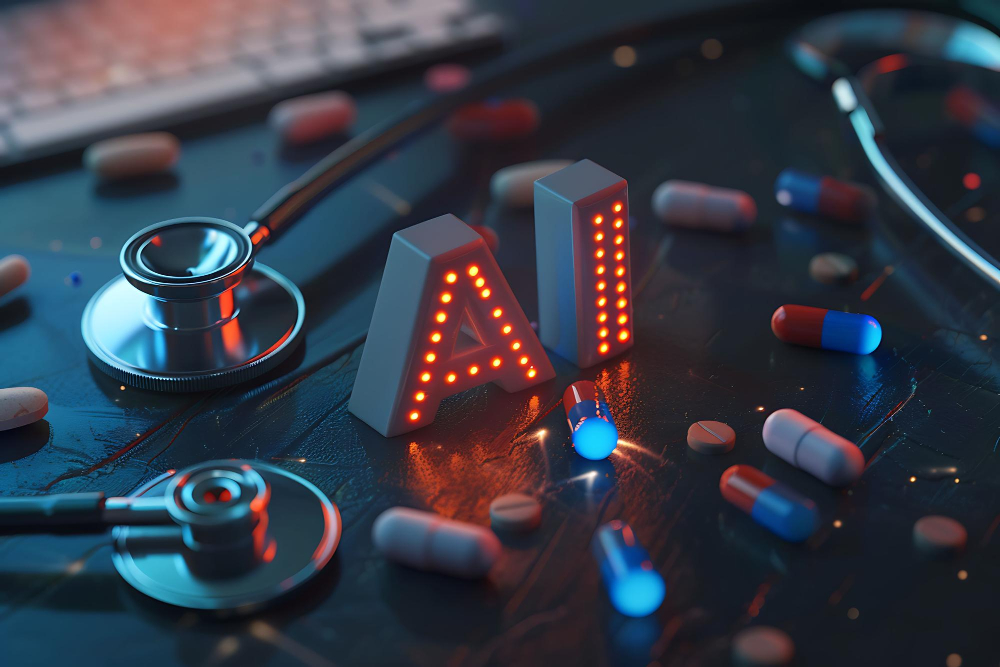- Blog
- May 12, 2023
Revolutionizing Automation with ChatGPT’s Advanced Capabilities

- Blog
- May 12, 2023
Revolutionizing Automation with ChatGPT’s Advanced Capabilities
ChatGPT has revolutionized the world with its advanced algorithms and massive data processing capabilities. Its potential to automate a wide range of tasks, improve efficiency, and reduce costs has caught the attention of businesses across diverse industries, including finance, healthcare, retail, and marketing. For instance, Mastercard has already utilized ChatGPT’s AI-powered chatbot for customer service, and Novartis has employed it to analyze scientific data and enhance drug discovery. Given the significant investment and attention ChatGPT has received, it is expected to remain a key player in natural language processing and intelligent automation, unlocking numerous opportunities for businesses in the future.
In this blog post, we’ll explore how ChatGPT can be used to power intelligent automation and transform the way businesses operate.
Natural Language Processing (NLP)
According to a report by MarketsandMarkets, NLP’s market is expected to grow from $10.2 billion in 2019 to $26.4 billion by 2024, at a CAGR of 21.5%. ChatGPT is well-positioned to benefit from this growth and is expected to be a key player in the market.
NLP is a significant area where ChatGPT can be used to power intelligent automation). With ChatGPT’s advanced algorithms, it can perform a wide range of NLP tasks, including language translation, sentiment analysis, and text summarization.
ChatGPT has the potential to revolutionize customer service. Its advanced natural language processing capabilities can provide real-time and accurate responses to customer queries, reducing the need for human intervention. This not only saves costs for businesses but also improves the overall customer experience. With ChatGPT’s ability to understand natural language, it can provide personalized recommendations and solutions to customers, making the interaction more efficient and effective. Overall, ChatGPT can be a powerful tool for customer service departments looking to improve efficiency and customer satisfaction.
Decision Making
ChatGPT’s powerful data analysis capabilities can serve as a critical component in the decision-making process by enabling intelligent automation. By providing actionable insights, businesses can make informed decisions that are based on data-driven analysis. A few industry scenarios are as follows
- Investment Banking – Enables processing of vast amounts of financial data and provides informed recommendations on the best investment options
- Healthcare –Provides personalized treatment recommendations based on patient data analysis.
- Retail/E-commerce – Personalised product recommendations can be offered to consumers.
- Manufacturing – Production data can be analyzed to offer and provide recommendations for optimizing production processes.
Process Automation
ChatGPT can also be used to automate business processes by analyzing data and making decisions based on predefined rules. For example, in finance, ChatGPT can be used to automate invoice processing by extracting relevant data from invoices and automatically processing them. Similarly, in healthcare, ChatGPT can be used to automate patient data entry and processing.
ChatGPT can also be used in other industries such as legal, insurance, and government. For example, in legal, ChatGPT can be used to analyze legal documents and extract relevant information. In insurance, it can be used to automate claims processing by analyzing claim data and making decisions based on predefined rules.
Knowledge Management
ChatGPT can also be used to automate knowledge management tasks such as document classification, search, and retrieval. With its ability to analyze and understand text data, ChatGPT can help businesses quickly find relevant information and make better-informed decisions.
For example, in research, ChatGPT can be used to analyze research papers and extract relevant information. In marketing, it can be used to analyze social media data and provide insights into customer behavior
Conclusion
With an increased focus on digital transformation, business leaders are recognizing the value of ChatGPT. By leveraging the capabilities of ChatGPT, business leaders can provide their customers with a more personalized and seamless experience.
In conclusion, ChatGPT has the potential to power intelligent automation across a wide range of industries and applications. With its advanced algorithms and massive data processing capabilities, ChatGPT can help businesses make better-informed decisions, reduce costs, and improve customer satisfaction. Whether it’s natural language processing, decision-making, process automation, or knowledge management, ChatGPT can transform the way businesses operate and create new opportunities for growth and innovation.




